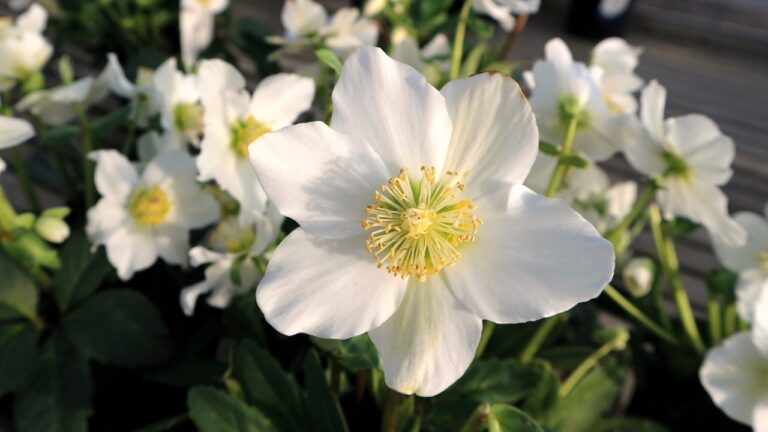9 Summer Weather Habits That Cost Homeowners Thousands
When the weather heats up, your house takes the hit—and a lot of folks don’t realize how fast summer habits can lead to damage. We’re talking roof leaks, foundation cracks, blown AC units, and major energy waste. Some of it sneaks up over time, but other things hit fast and expensive.
These are the summer habits that quietly cost homeowners thousands if you’re not paying attention. And once the damage is done, there’s no quick or cheap fix.
Ignoring Gutters After Storms
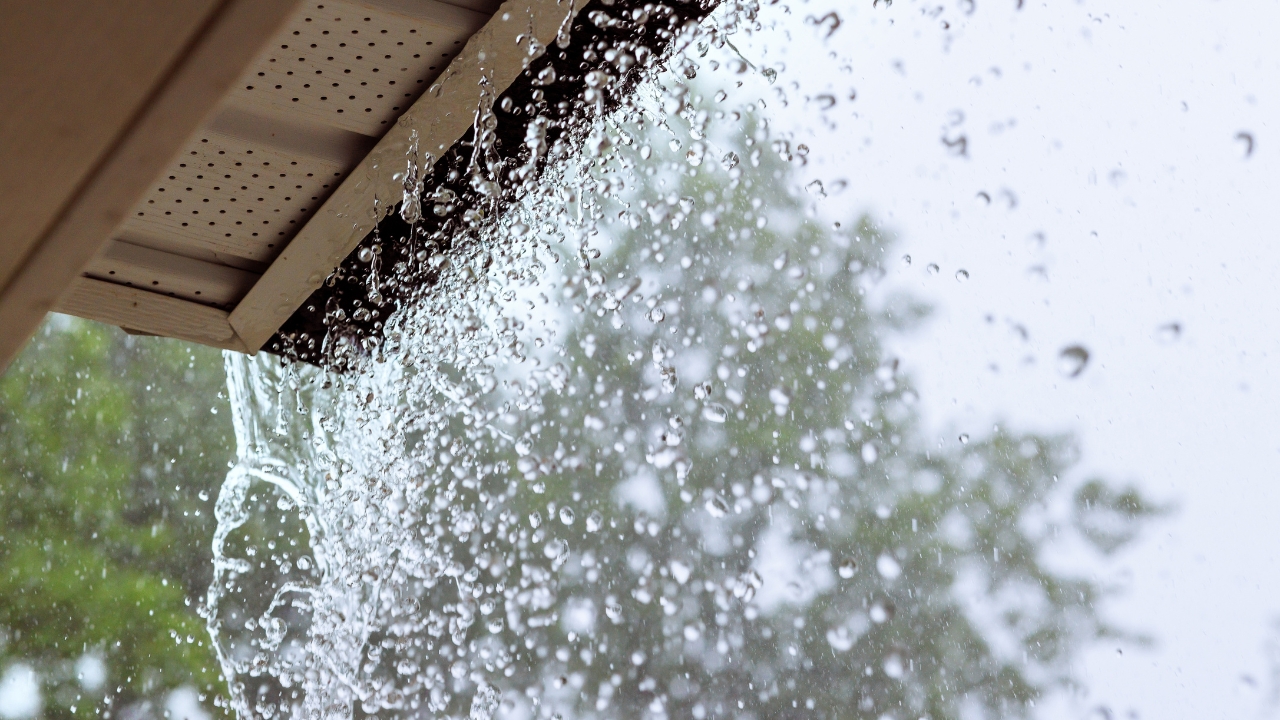
It’s easy to forget about your gutters after a summer downpour, especially if everything looks fine from the ground. But leaves, sticks, and grit can block the system fast, forcing water to back up under shingles or pour too close to your foundation.
That kind of water damage isn’t always instant—it builds up and shows up later in the form of leaks, mold, or shifting concrete. A quick check with a ladder can save you thousands in roof repairs or slab work down the line.
Running Your Sprinklers at the Wrong Time
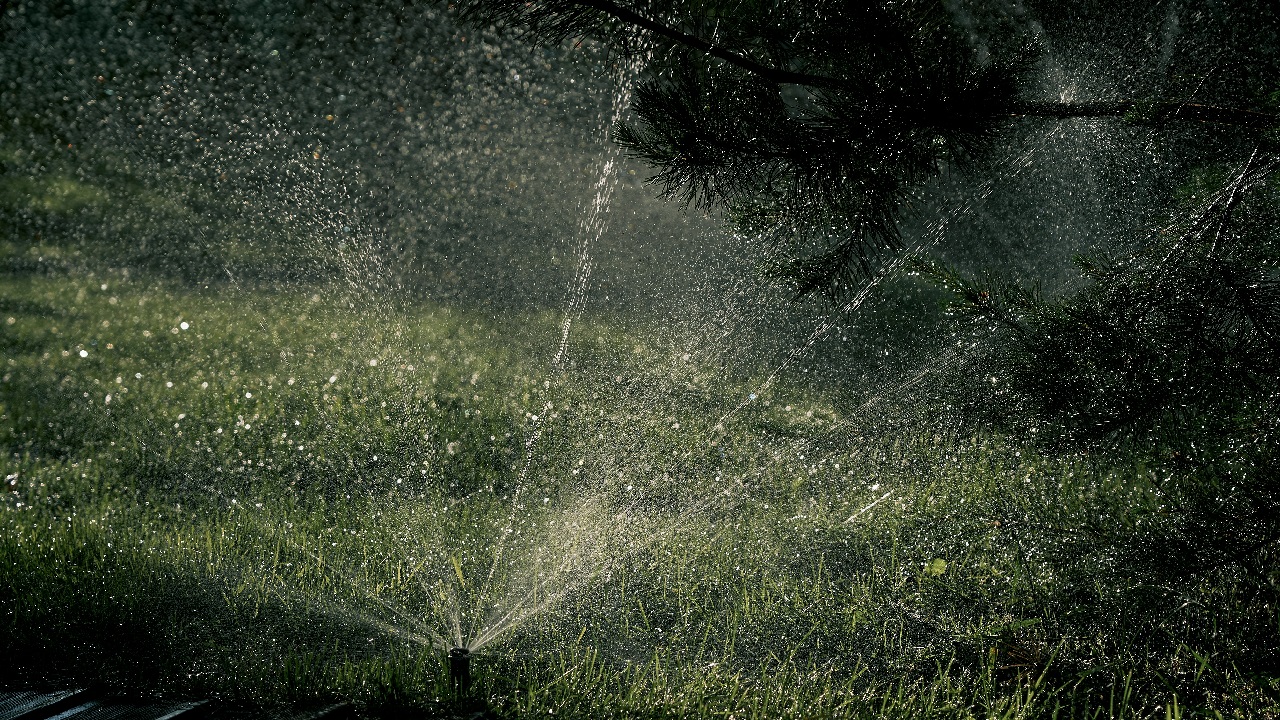
Running your sprinklers during the heat of the day is a waste of money. Most of the water evaporates before it can sink into the soil, which means you’re paying for water your lawn never gets.
On top of that, it can shock some plants and scorch your grass. Early morning is the best time to water in the summer—before the sun’s strong but after the dew has lifted. That one small shift can make your yard healthier and your water bill lower.
Letting Trees Grow Too Close to the Roof
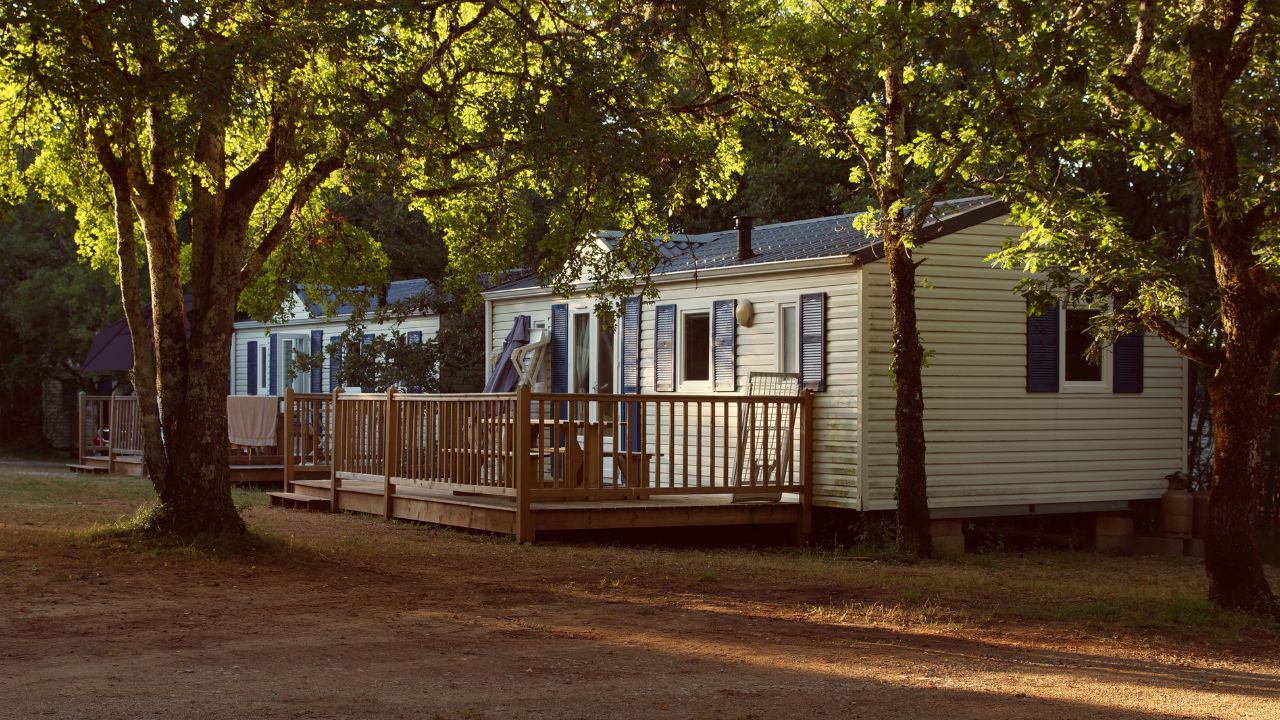
Summer storms and high winds can turn tree limbs into expensive weapons. Even healthy branches can break off and damage your shingles or siding. Overhanging limbs also drop more debris on your roof and in your gutters.
Give your trees a good once-over each summer and trim back anything too close for comfort. If you’re not sure what’s safe, a local arborist can point you in the right direction. Preventing damage is always cheaper than repairing it.
Leaving Outdoor Furniture or Umbrellas Unsecured

A single strong wind gust can turn patio chairs, umbrellas, or toys into flying objects. These can break windows, dent siding, or damage vehicles in seconds. And unfortunately, insurance doesn’t always cover that kind of preventable damage.
If summer storms are in the forecast, secure or store anything that could move. Tie down umbrellas, bring lightweight chairs inside, and stack cushions somewhere dry. You’ll avoid damage and make your stuff last longer, too.
Skipping HVAC Maintenance
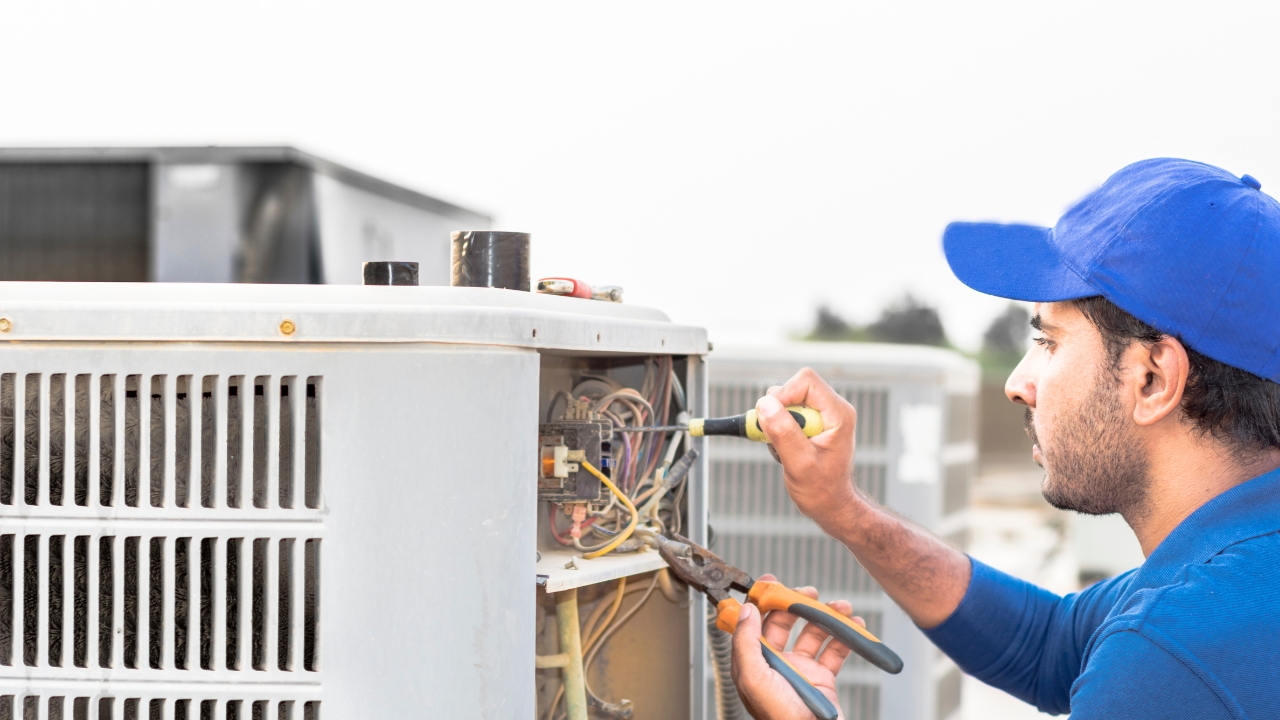
Your air conditioning works harder in the summer than any other time of year. If you haven’t cleaned the filters, rinsed the outdoor coils, or had the system checked in the past year, you’re asking for a breakdown.
Small issues—like a clogged drain line or dusty blower—can lead to system failure or frozen coils. And once your unit goes out, repairs or replacements in the middle of a heatwave get expensive fast. A little maintenance can save you thousands in emergency calls.
Leaving Windows Open During the Day
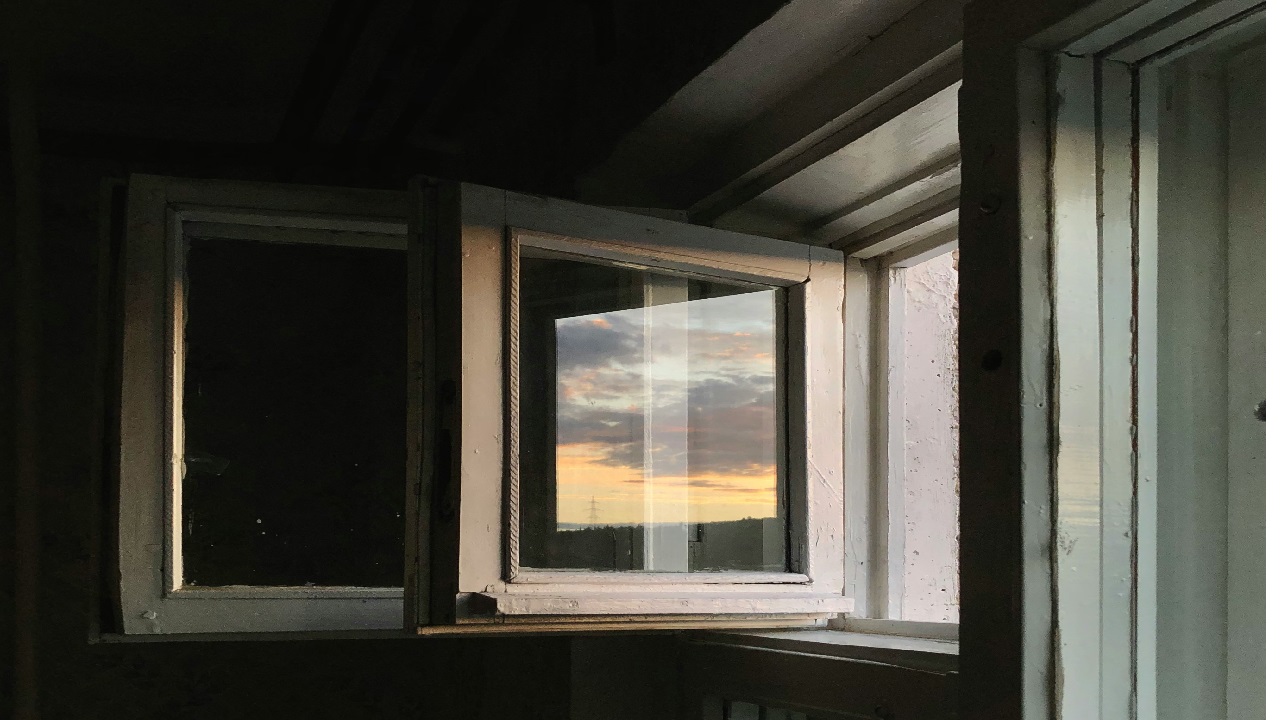
Cracking a window in the morning might feel like a good way to cool the house, but it can backfire fast. Once the outdoor temp rises, hot air seeps in and your AC works overtime trying to catch up.
It’s even worse if you forget to close windows before leaving the house. That extra heat load can spike your utility bill and wear down your system. Use fans early, then keep windows sealed once it gets hot.
Letting Mulch Build Up Against the House
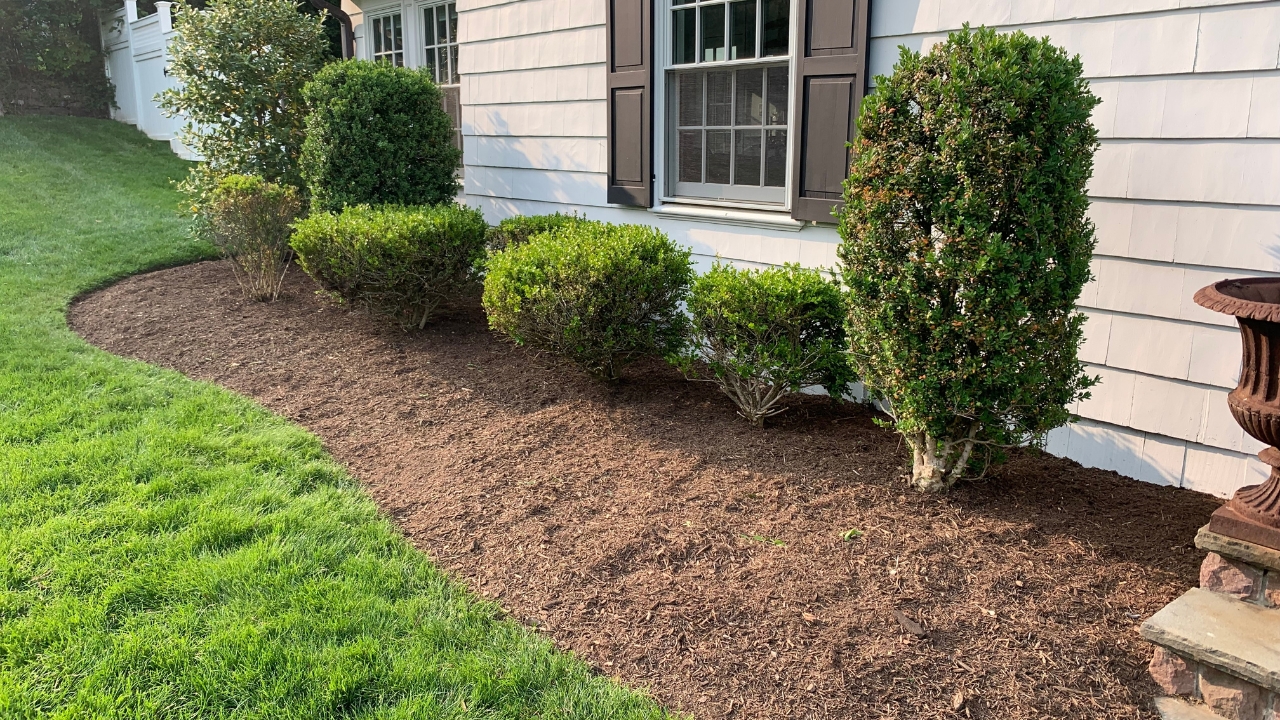
Mulch helps keep your soil moist and cool, but if it’s piled up against your siding or foundation, it can trap moisture in the wrong places. That leads to wood rot, pest problems, and even foundation issues.
Keep mulch a few inches away from the base of your house. You still get the benefits without the damage. If you already have mulch up against brick or siding, it’s worth pulling it back and checking for signs of trouble underneath.
Forgetting to Clean Out the Dryer Vent
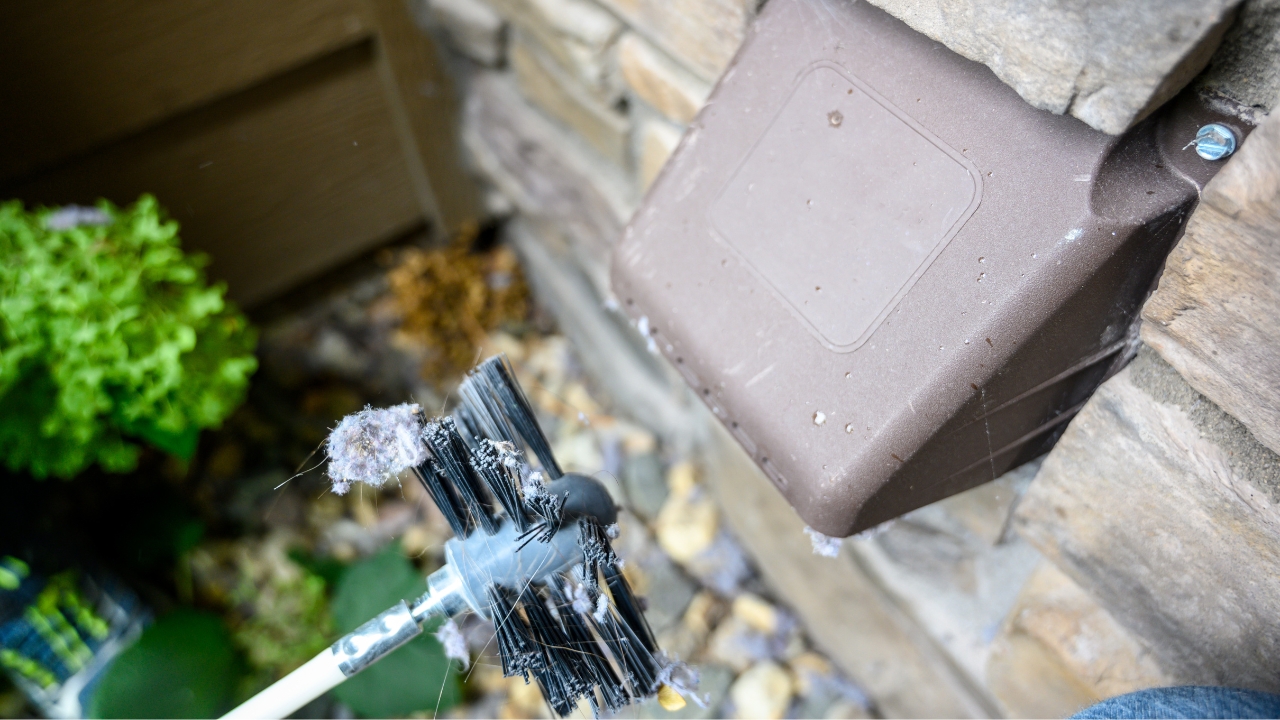
Dryers get used a lot in the summer—between swimsuits, yard work clothes, and extra towels, the lint builds up fast. If your outdoor dryer vent is clogged, it can cause the system to overheat or even catch fire.
Even if the vent looks clear, check the full run of ductwork and clean behind the dryer. It’s one of those tasks that gets skipped often but has a major safety and energy payoff. A clean vent helps your clothes dry faster and lowers your risk of fire.
Storing Paint or Chemicals in Hot Sheds

Summer heat can destroy paint, stain, and chemical storage in no time. Many garages and sheds hit well over 100°F inside, which can break down product quality or cause containers to swell and leak.
If you’ve got supplies for a future project, store them somewhere cooler—or at least off concrete and out of direct sunlight. It takes a few minutes to relocate them, but it can save you from having to buy everything all over again.
*This article was developed with AI-powered tools and has been carefully reviewed by our editors.




